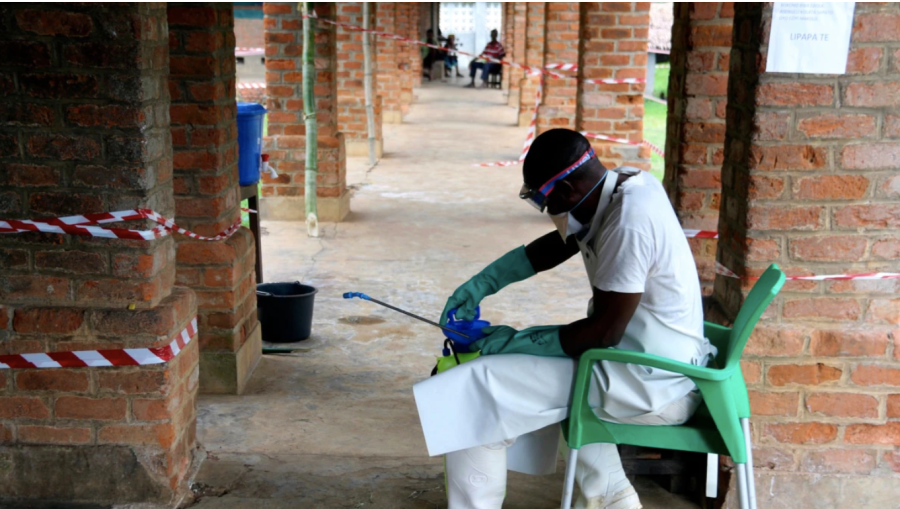Ebola Outbreak Uncovered in Congolese Province
Ebola has become a constant in the Congolese province of Équateur – the World Health Organization recently announced the third outbreak of the disease in the last four years. These outbreaks have been incredibly deadly; over 2,000 people have been killed by Ebola in the last three years. The mortality rate hovers between forty and fifty percent. This spells trouble for a province with nearly 2.6 million people, many of whom have no access to medical attention. In fact, there is a lack of basic infrastructure in even the urban parts of the province. Electricity and internet access are rare outside of the capital of Mbandaka, and even there limitations exist. Most electricity in the city comes from private generators. The road network in the province is also incredibly shaky – most roads are dirt, even in the cities – which presents a unique challenge to healthcare workers in the area.
Presently, the outbreak consists of a sole case. This is encouraging for healthcare authorities, who have had issues identifying Ebola outbreaks quickly in the past. The 2013 West African outbreak was not identified until months after the index case. Many of the issues surrounding disease identification were born from oversight, mainly medical workers overlooking Ebola as a cause.
It is likely that the outbreak was identified so quickly because of previous outbreaks. Many of the healthcare workers who are in Équateur province now are the same ones that were there four months ago, at the conclusion of the previous outbreak. Because of the rapid identification and testing from local health authorities, the WHO has expressed hope that this outbreak will be contained before it can spread to any of the other regions of the province.
WHO officials are also hopeful that the spread of the disease will be curbed somewhat by the widespread vaccination rate against Ebola. While local healthcare officials will be revaccinating all eligible persons in the province, a strong base against the disease still exists. Another encouraging step that the WHO has been able to take has been modifying traditional burial practices in times of disease. Congolese burials are traditionally large gatherings which involve ritual handling of the recently deceased body, which can prove to be a major vector for Ebola, which spreads via bodily fluids.
While the WHO and local health authorities have a challenge ahead of them, they should remain optimistic that this outbreak can remain local and contained.







